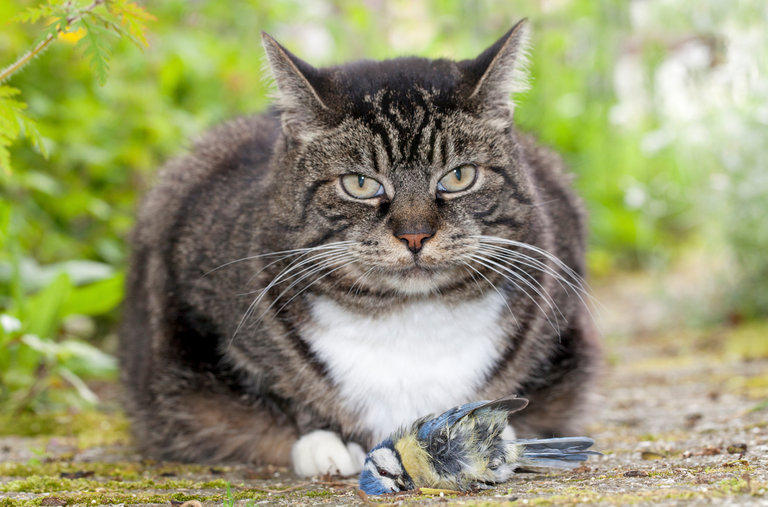Domestic animals can contract parasites from insects and ticks, prey, soil or other animals and can spread them to humans, pets or wildlife. Dogs can give humans rabies, and cows can give people a diarrhea-causing parasite called Cryptosporidium. But dogs often only go outside with their owners on leashes, and cows don’t usually get to snuggle on our sofas.
Cats lead different lives. They may go out hunting on their own and return for a nap on their person’s lap or bed. And the diseases cats can spread can be pretty virulent, from cat-scratch fever to a parasite called toxoplasma gondii, the litter-box parasite that doctors tell pregnant women and immune-compromised people to avoid. Cats also can spread feline immunodeficiency virus, which makes them more susceptible to parasites, and spread it to other cats, even cougars.
To Ms. Chalkowski, the indoor/outdoor dichotomy of cats’ lives presented an opportunity to better understand how environmental exposure may put them at risk.
She and her team compared data from 21 studies — in countries ranging from the United States, Europe and Australia to Pakistan, Chile and Brazil — that documented parasitic infections in pet cats living strictly indoors, or with outdoor access — excluding feral cats. They also homed in on particular parasites like the ones already mentioned, which have potential to spill over into other animals.
“Over so many different studies, with so many different parasites, in so many different countries: No matter where you keep your cat indoors, it reduces risk of parasitic infection,” Ms. Chalkowski said.
And the risk of picking up parasites increased in higher geographic latitudes. This was surprising because, generally, there are fewer parasites in northern regions, including places like the Netherlands, Germany or Britain. The researchers do not know why this might occur, although it is also known that rats, a common feline prey item, carry more diseases in northern latitudes too.
Some see depriving a cat of prey by keeping it indoors as cruel. But others say putting them outdoors to do whatever they want is cruel: Outdoor cats are frequently hit by cars. Some are eaten by predators. And, as predators themselves, cats can kill off birds or other species conservationists want to protect.
The message, Ms. Chalkowski said, is simple: “If you’re a responsible cat owner, you might really want to keep your cat indoors not just because of those things, but now we’re seeing an increase in parasitic risk.”
But that doesn’t mean it will suffer, she adds: Cats can climb on pedestals and chase feather toys and lasers or hang out in a cat patio, or catio. Or maybe your cat can even go on walks.




